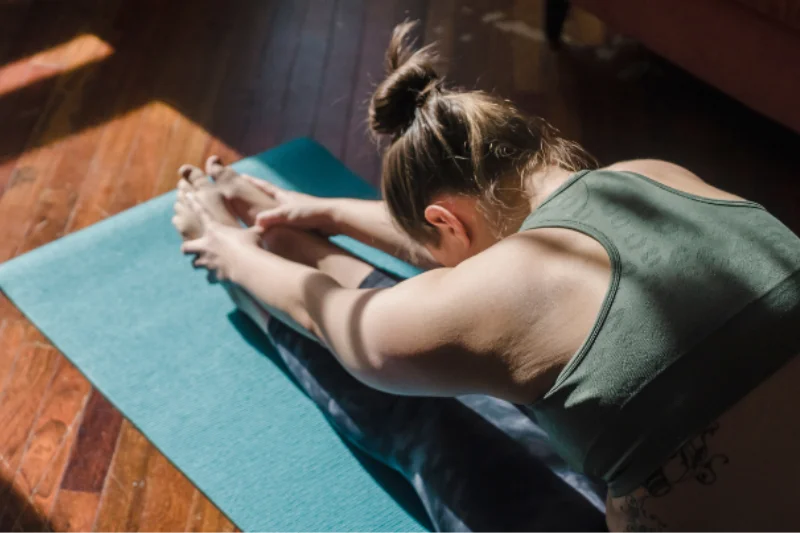The Benefits of Exercise in Addiction Recovery

Introduction: Understanding the Role of Exercise in Recovery
Physical activity is essential for overall well-being and addiction treatment. Exercise can greatly improve mental health and lessen cravings throughout recovery. Including exercise in your recovery practice can lead to a more balanced and fulfilling path to sobriety, aligning with the principles of mental health skill building services.
Exploring the Positive Impact of Physical Activity on Mental Health and Recovery

Mood Enhancement and Stress Reduction
- Exercise causes the release of endorphins, which are natural mood enhancers that help relieve tension and anxiety. Physical activity is a good way to manage stress, replacing bad coping mechanisms with positive, life-affirming habits. (American Psychological Association: Exercise and Mental Health)
Improved Cognitive Function
- Regular exercise has been demonstrated to improve cognitive abilities like memory, attention, and executive functioning. Exercise can be a useful tool for maintaining focus and clarity during recovery since it reduces cravings and occupies the mind. (Harvard Health: Regular Exercise Changes the Brain)
Enhanced Self-Esteem and Confidence
- Meeting exercise objectives and seeing physical gains can dramatically boost self-esteem and confidence, which are key goals in mental health skill building. This positive self-image is critical in developing the resilience required to face the challenges of rehabilitation.
Discussing Various Forms of Exercise Suitable for Individuals in Recovery

Aerobic Exercise
- Walking, jogging, swimming, cycling, and dancing all help improve cardiovascular health and general fitness. These activities not only improve physical health but also bring a sense of independence and happiness.
Strength Training
- Building muscle mass and strength with free weights, resistance bands, or bodyweight workouts improves overall physical well-being and empowers people on their recovery journey.
Mind-Body Practices
- Yoga, tai chi, and qigong provide stress relief and relaxation while also encouraging mindfulness and self-awareness. These techniques help people connect with their inner selves, which promotes calm and harmony.
Providing Tips for Incorporating Exercise into a Recovery Routine

Start Slow and Gradually Increase the Intensity
- Setting reasonable objectives and listening to your body are essential when starting an exercise plan. To avoid damage and assure long-term success, begin with simple exercises and progressively increase intensity. (Mayo Clinic: Exercise and Stress)
Find Activities You Enjoy
- Exploring several sorts of exercise might help you identify activities that are both fun and long-lasting. Joining a group exercise class or sports team can also provide social support and inspiration.
Create a Structured Routine
- Consistency is essential in making exercise a regular element of your recovery strategy. Setting aside certain hours for physical activity ensures that exercise becomes a regular part of your daily or weekly routine.
Conclusion: Harnessing the Power of Exercise in Recovery
Exercise has numerous benefits for addiction rehabilitation, including improved mental health, fewer cravings, and more self-esteem. Individuals in recovery are encouraged to view physical activity as an important tool in their journey to sobriety and overall well-being.
Seeking professional advice and support when introducing exercise into a recovery regimen is critical, particularly for people with underlying health concerns or physical restrictions. (National Institute on Drug Abuse: Seeking Drug Abuse Treatment)
At GMA Interventions, we recognise the value of a comprehensive approach to recovery, which includes the role of exercise in supporting both physical and mental health.
Our programmes are meant to help people achieve sobriety by providing extensive tools and guidance. Visit us today to discover more about how we can help you recover using holistic and evidence-based treatments.